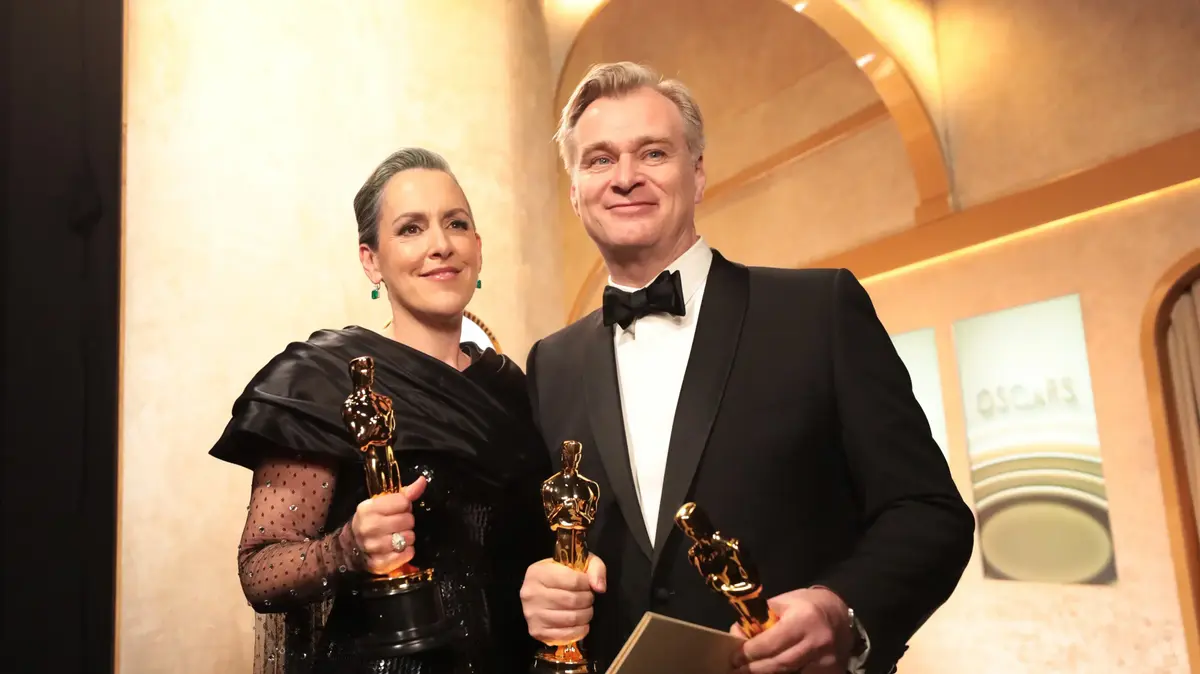Ana was barely twenty years old when her shorthand teacher suggested that she earn some money by helping a writer finish his novel.
When the brilliant student learned that the novelist was nothing more and less than the famous Dostoevsky, an author idolized by her father, she showed up at his study nervous and expectant: How do you speak to a writer, in what language does a genius express himself?
The young Ana found an ailing man, self-absorbed, who seemed not to notice the presence of her new assistant.
In a very short time, this discreet and perceptive girl understood the sufferings of the tormented widower and promised to help him in the writing of a novel that would turn out to be
The Gambler .
;
he also knew that the rush to finish the work was caused by debts, that the writer's health was weak and that this sad man had been dragging misfortune since he was a child.
In Fyodor's eyes, the girl gradually became visible and indispensable.
If today we know the strange way in which the novelist proposed to her, using the plot of a novel because he did not dare to ask for her hand outright, it is because Ana wrote in the last years of her life essential memoirs for the knowledge of the achievements and sorrows of the great Muscovite writer
.
Dostoevsky, my husband
arrives in Spain for the first time, although in Russia, Ana Dostoieskaia is considered a great memorialist and this volume is constantly reprinted.
The title, which under a current look can be corny, perfectly defines what the author wants to tell: the dedication and admiration she felt towards a complex man: “I loved my husband infinitely, but mine was not a passionate love or the carnal love that can occur between two people of the same age;
my love, purely cerebral, ideal, was rather adoration for a genius to whom I bowed."
Its editor, Alicia de la Fuente, recounts that at first she felt rejected by the subordinate attitude that defined the title of the book, but upon reading it she discovered a voice that was worth listening to.
Ana Dostoievskaya was 35 years old when her husband died, they had four children of whom two survived, she had to face the writer's precarious health, his continuous epileptic seizures, the threat of creditors, he curbed the greed of relatives and false friends who constantly swindled the naive author and dealt with the dark parts of his man's character: pathological jealousy and gambling impulses.
Despite a financially insecure and dramatic existence due to the loss of children, this courageous woman was much more than a simple assistant to the artist.
She belied Dostoevsky's idea with her behavior,
so of the time, that women are inconstant and incapable of undertaking big projects.
She set out to prove him wrong, and boy did she succeed: her work as her editor and her stubborn dedication to disseminating her husband's work give an idea of the extent of her intelligence.
If the figure of Ana Grigórievna were narrated by a writer of today, probably every chapter of that sacrificed life would be at the service of demonstrating the unbearable submission to which a brilliant woman was forced;
this being true, our current ideological principles cannot obscure what a soul from another age tells us.
Despite the devotion that Ana expresses for her husband in these amazing memoirs, there is in her, in the woman who counts, a dignity and a sovereignty that are not violated despite giving her life to the talent of others.
Through her words we get to know her strange Fyodor, who placed so much love and trust in her, the common dedication to her children, the tenderness that they always professed.
If Ana were a woman today, she would have developed a professional life, editing her husband's books and those of many others, because she had a nose for literary talent.
Who knows if she would have been an agent, translator, bookseller, proofreader, businesswoman.
That keen intelligence to make other people's creativity sprout would have materialized in a profession.
Fortunately, she is losing the figure of the genius, always masculine, with the power to manage other people's lives;
in turn, women want to be something more than a shadow.
But reading Ana's memoirs about her husband reveals something that goes beyond the author of
The Brothers Karamazov
: we are looking at the figure of an extraordinary woman.
Exclusive content for subscribers
read without limits
subscribe
I'm already a subscriber

/cloudfront-eu-central-1.images.arcpublishing.com/prisa/VWH6HJSDKJDPRAXNW6F3A4ZKQY.jpg)







